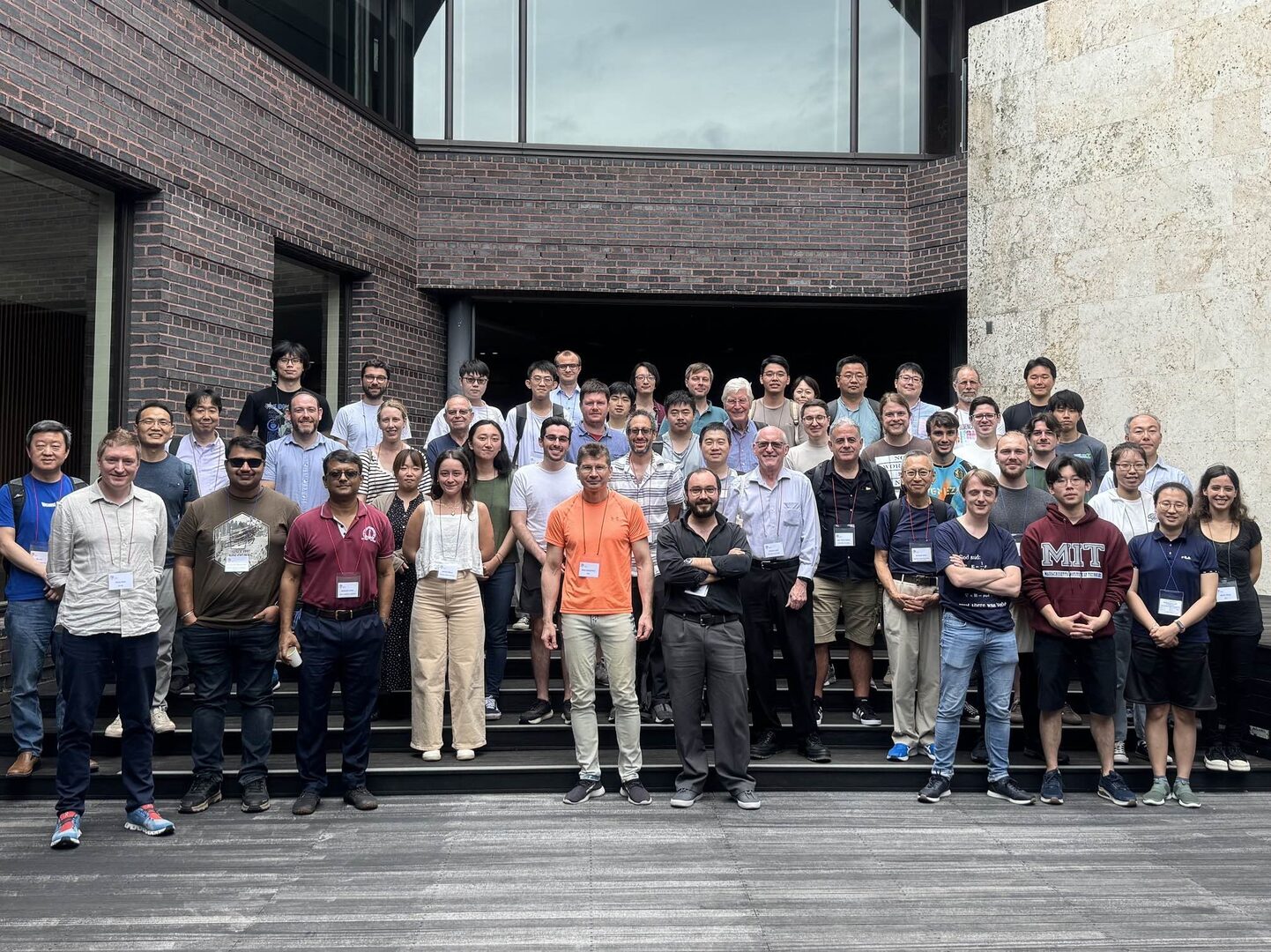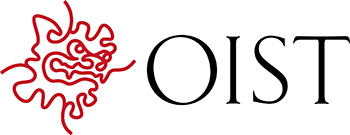OIST Workshop "Quantum Technologies with Floating Charged Particles"
Quantum Technologies with Floating Charged Particles

28-31 May 2024 Okinawa, Japan
Overview
The main subject of this workshop is categorized in the field of Quantum Information Science and Technology. The importance of developing quantum technologies for the future society is now recognized worldwide. One major goal of this field is clearly to realize a fault-tolerant quantum computer, but besides, quantum technologies are also believed to have potential for sensing and communication devices with unprecedent efficiency and precision.
Further exploration of novel physical systems interlinked with the advances in currently existing platforms would be a key towards dynamic development in this field. Tremendous progress has already been achieved in the system of trapped ions floating in vacuum. It is recognized that this system is one of the most promising candidates for building a universal quantum computer. Recently electrons trapped in the Paul and Penning traps have emerged as a promising candidate for quantum computing and simulations. Also, electrons floating above the surface of superfluid helium or solid neon recently had shown great potential for quantum technology. There are many striking similarities between these two systems. Like electrons and ions trapped in vacuum, such floating electrons exist in an extremely clean disorder-free environment, which ensures long coherence of their quantum states. Many experimental methods developed for trapped electrons and ions can be potentially applied for floating electrons as well. Nevertheless, until recently the research in electrons on superfluid helium and solid neon has been developing independently from that of the trapped electrons and ions.
The aim of this workshop is to bridge, for the first time, the gap between these two exciting systems by bringing together leading experts representing both fields to discuss recent developments and to share ideas. It is intended to increase mutual awareness of the current trends in the research in these two systems and serve as a platform for future collaborations.
Location
OIST Seaside House, Onna-son, Okinawa
Invited Speakers
Stephen Lyon, Princeton University
Atsushi Noguchi, University of Tokyo
Kimitoshi Kono, National Chiao Tung University
Hartmut Haefner, University of California Berkeley
David Schuster, Stanford University
Hiroki Ikegami, IOP Chinese Academy of Science
Michal Hejduk, Charles University
Dafei Jin, University of Notre Dame
Wei Guo, Florida State University
Jose Verdu Galian, University of Sussex
Paul Leiderer, University of Konstanz
Ambarish Ghosh, Indian Institute of Science
Maja Cassidy, University of New South Wales
Alexei Chepelianskii, CNRS/University Paris-Saclay
Mark Blumenthal, University of Cape Town
Franz Schmidt-Kaler, University of Erlangen-Nuremberg (FAU)
Important dates
- Application deadline for participants: extended deadline February 21, 2024
- Arrive to Okinawa on May 27 (Mon): hotel check-in
- Workshop starts in the morning of May 28 (Tue)
- Workshop ends in the afternoon of May 31 (Fri)
- Depart Okinawa on June 1 (Sat): hotel check-out


Organizers
- Prof. Denis Konstantinov - OIST Graduate University, Japan
- Prof. Hiroki Takahashi - OIST Graduate University, Japan
- Dr. Erika Kawakami - RIKEN Center for Quantum Computing, Japan
Information for applicants (click to apply)
Participation fee: 30,000 JPY (approx. 180 euro or 200 USD)
Accomodation in twin-shared rooms and daily meal will be covered for all workshop participants by OIST. OIST will help with arranging visas, if necessary.
*OIST is deeply committed to the advancement of women in science, in Japan and worldwide.



